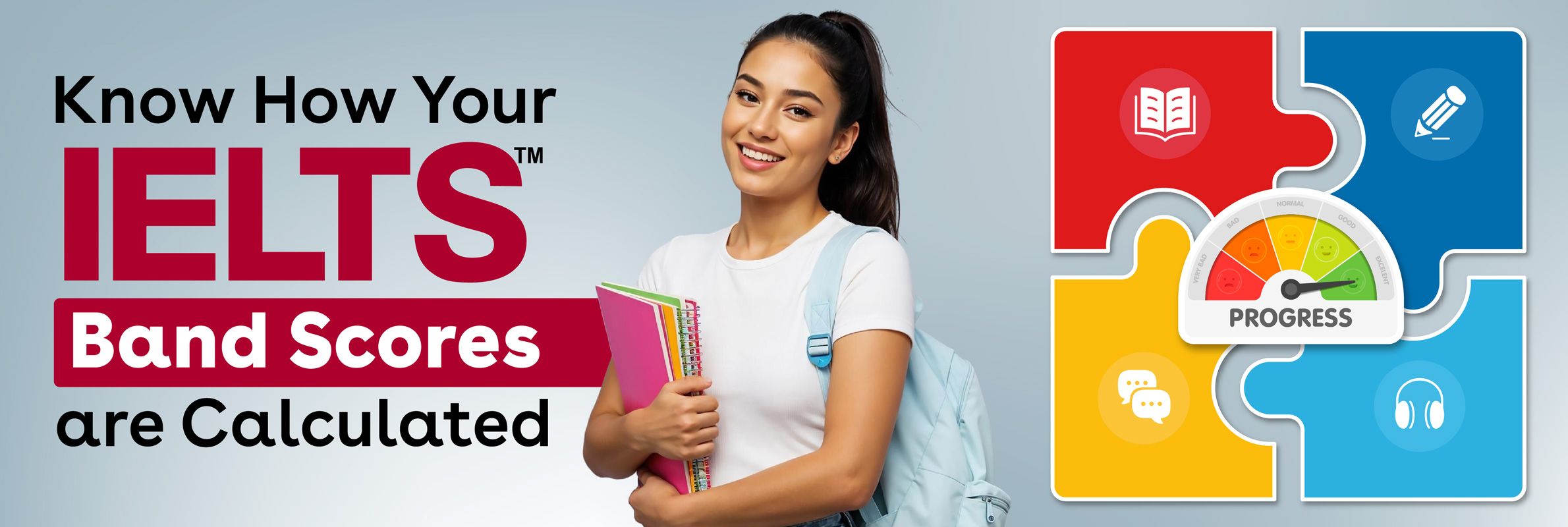If you're planning to study, work, or settle abroad, chances are you’ve come across the IELTS test. Recognised by over numerous institutions worldwide, including those in the UK, USA, Canada, Australia, and New Zealand, the IELTS exam assesses your English skills in listening, reading, writing, and speaking. Whether you're taking the Academic or General Training version, your performance is summed up in a score called the IELTS Band Score, ranging from 1 to 9.

